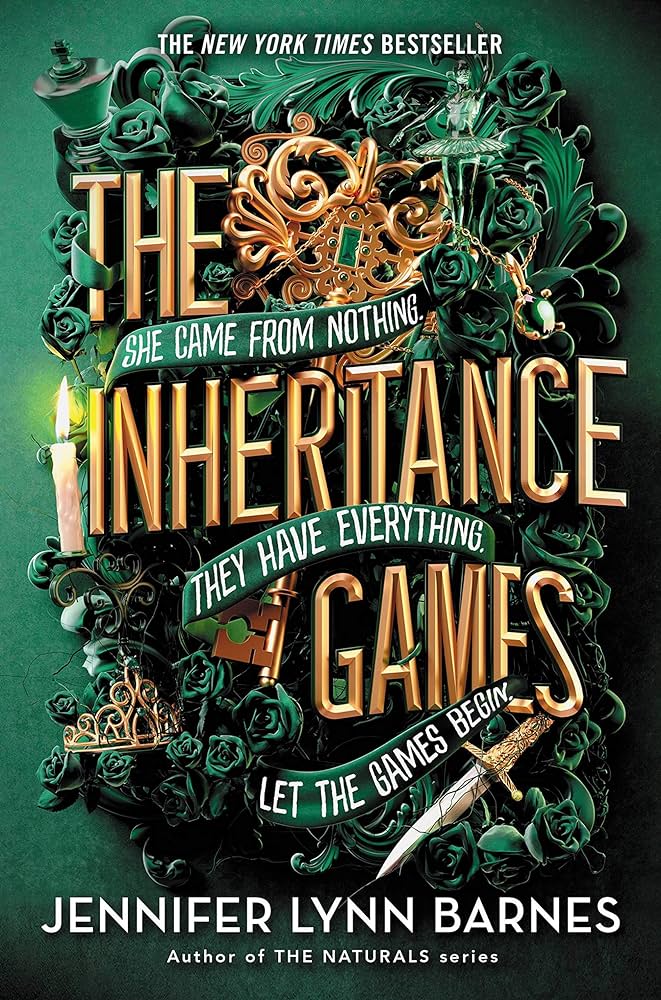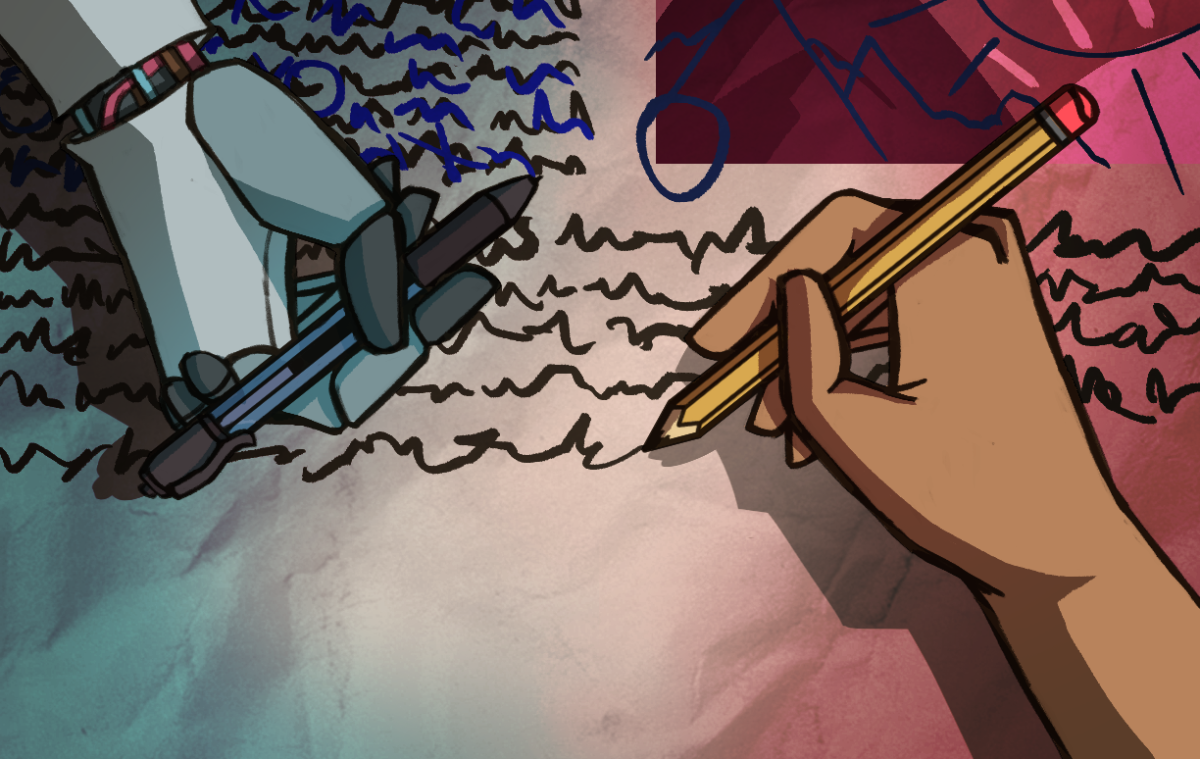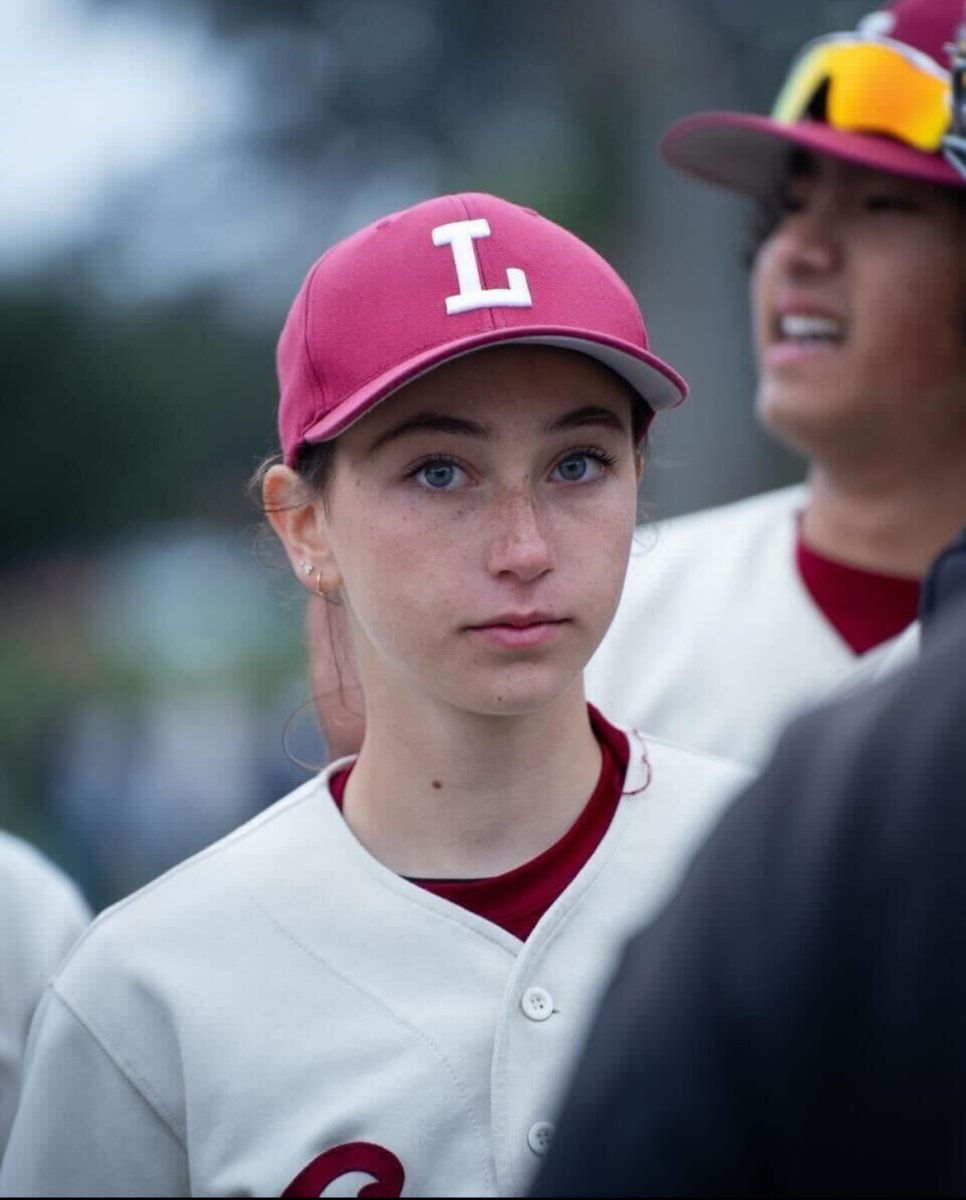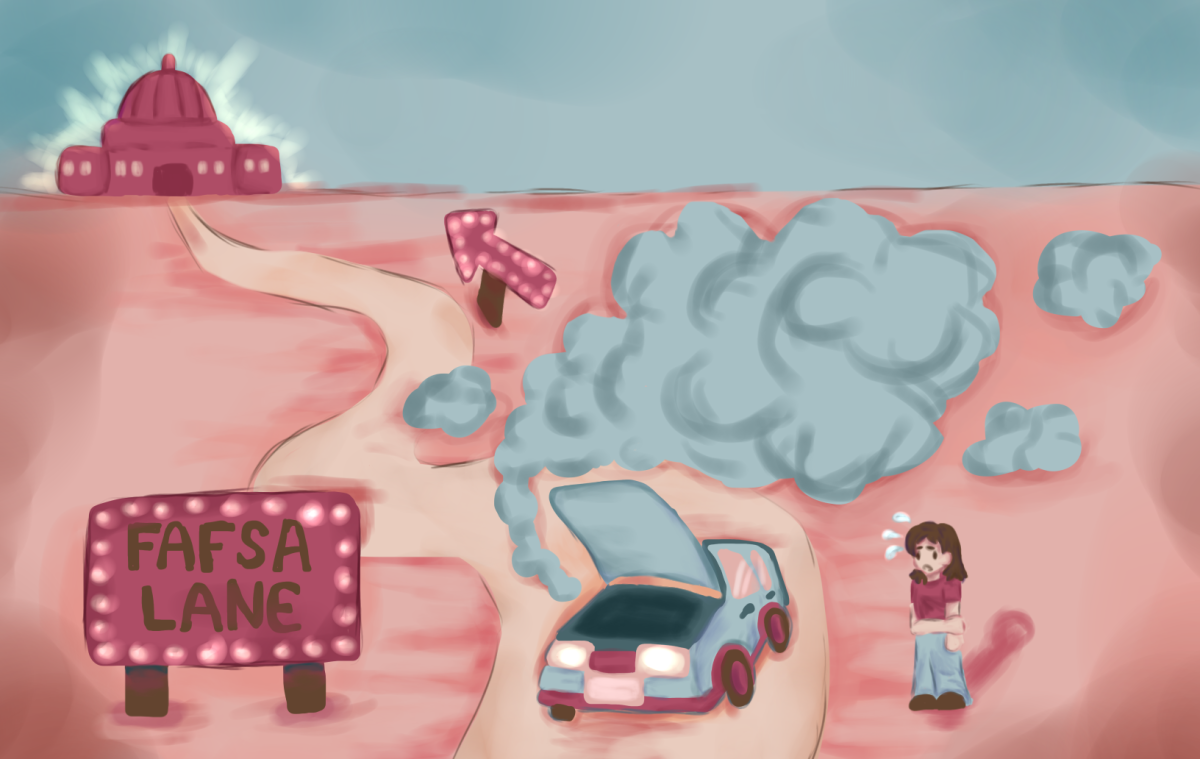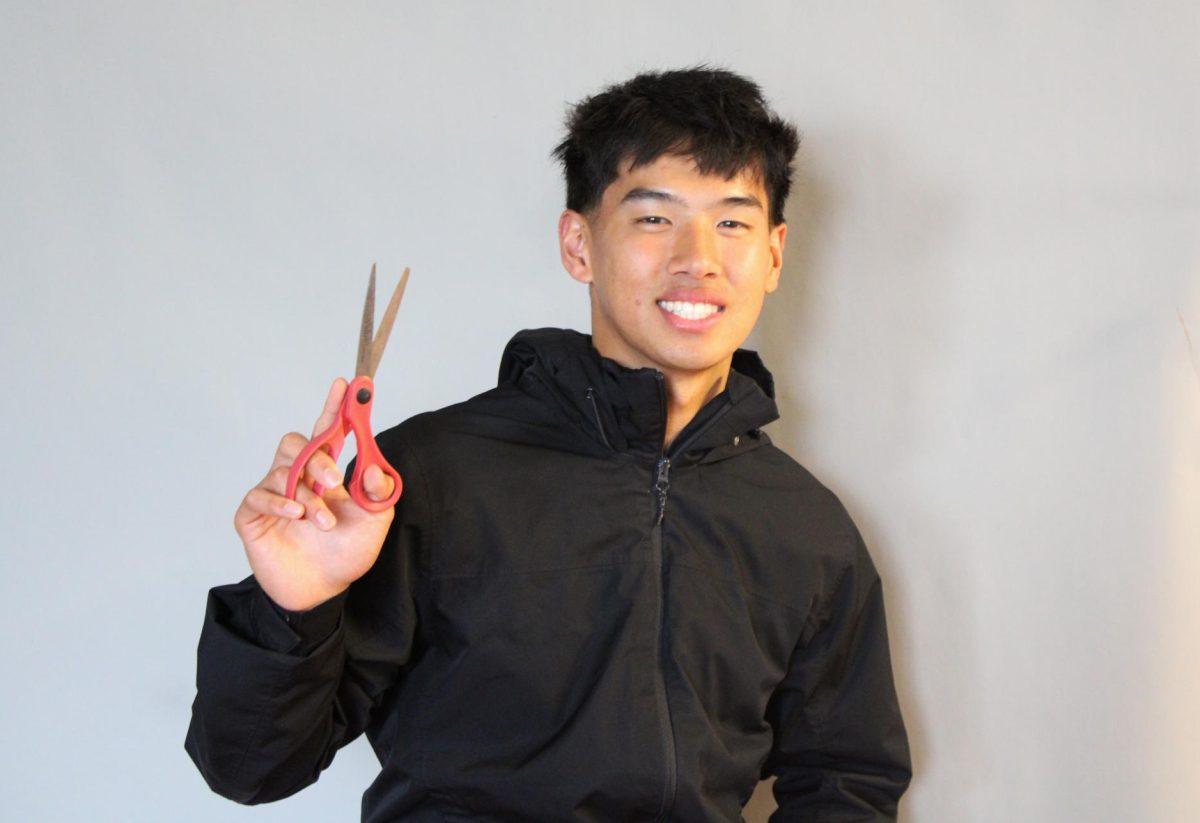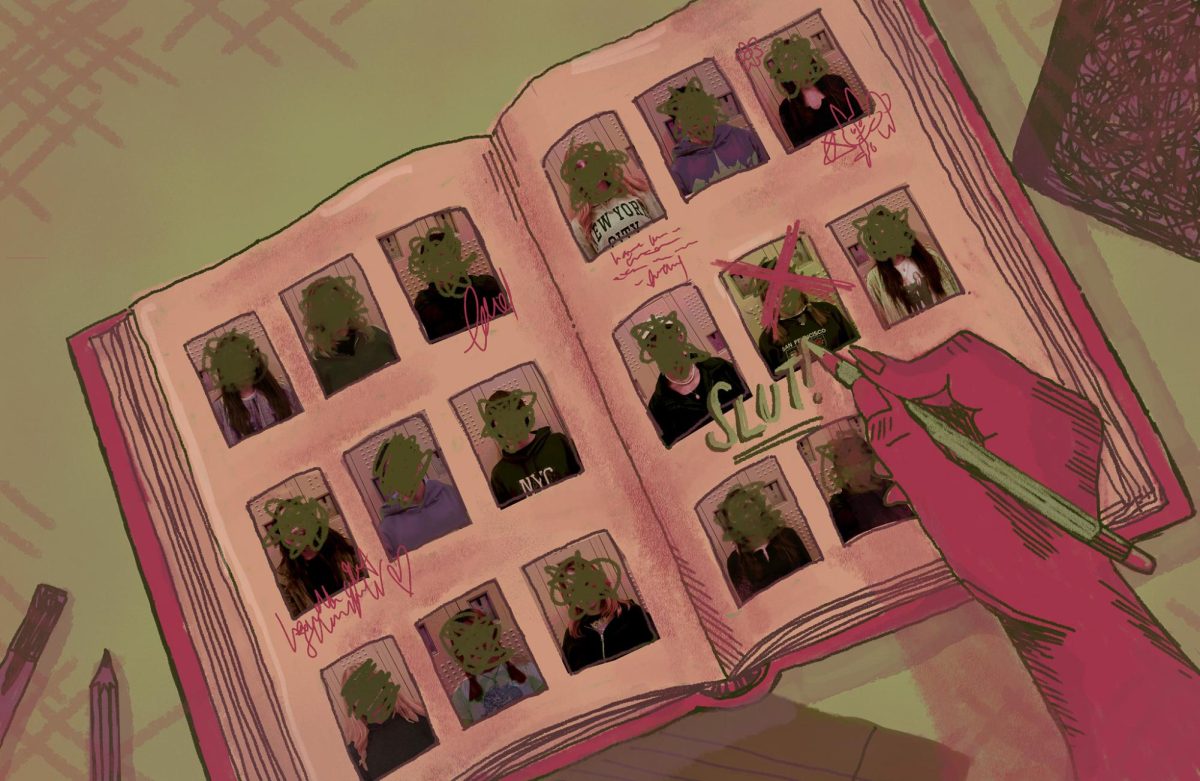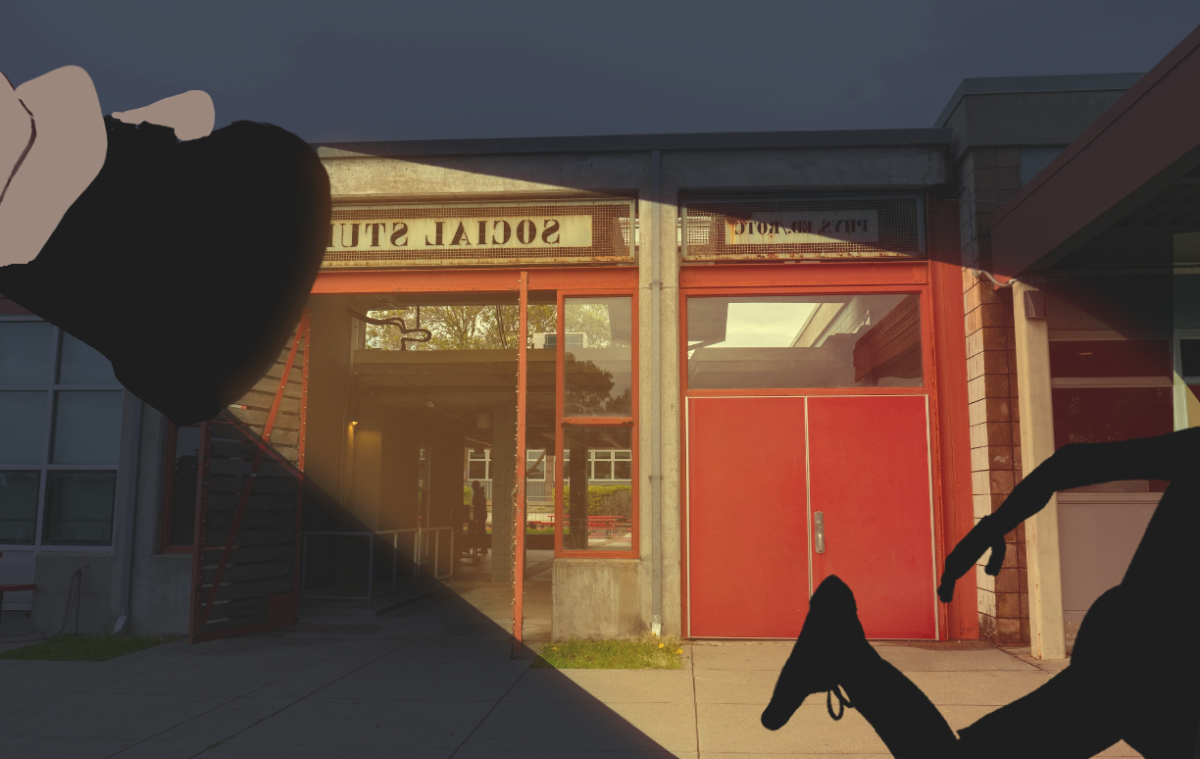By Adolfo Barrales, Aaron Nguyen, Ian Wang


Chemistry teacher shares love for Zumba and baking
By Ian Wang
Ai Lin Lian, chemistry teacher
“When I was little, I was really bad at science,” chemistry teacher Ai Lin Lian said. “So taking chemistry was a big jump that I discovered — a certain part of science that I actually liked and was relatively good at.”
Lian grew up in New York. In high school, Lian was part of the volleyball team, and her favorite subjects were math and chemistry. Originally, she intended to teach history, but she later switched over to chemistry instead.
Before Lowell, Lian taught at Maspeth High School in Queens for two years, after which she moved to California.
Challenges and rewards in your career as a whole?
I think the biggest challenge in this career is trying to keep my students positive about their learning. When most people “fail,” they tend to give up instead of trying to learn from it and grow. You can’t really teach a growth mindset — it is something that people choose to have, and I try my best to model that in my teaching. Mistakes are inevitable, and they do not define you. How you handle them really shows the type of person that you are.

What’s your impression of Lowell compared to other schools you’ve taught at?
All of the students here are pretty much here to learn. I don’t really have to do too much to get my students’ attention, because students have that respect for their own learning. Their drive to succeed and to learn drives their attitude towards their work.
Besides academics, I know that our sports teams are doing really well, so it’s not just academics that students excel at. They excel at everything, and I really like that type of environment. I heard it is competitive here and it may be too competitive for some people. Sometimes students may not want to share certain things with one another, but when you’ve got to, you’ve got to. So it’s pretty weird in that sense.
“Mistakes are inevitable, and they do not define you. How you handle them really shows the type of person that you are.”
What are some of your favorite hobbies?
In the past few years, I have picked up cross fit just to stay fit, but now it’s a semi-hobby. If there is a movement that you cannot do or a certain amount of weight that you cannot lift, it’s now your goal to get better. It’s a hobby because it not only keeps me get over rough days, but it also takes my bad energy away.
I am also a Zumba instructor on the side, so I do a lot of Zumba instructor-related things. We get together and share choreography to bring to our classes. I like to dance.
I also like to cook and bake, because why buy it if you can make it yourself for cheaper and get a bigger batch? The thing I love to bake the most is cheesecake because it’s normally very expensive but is really easy to make. Usually I bake too much and can’t eat it all because I don’t want to be unhealthy, so I bring it in for my TAs.
What is your funniest teaching moment?
I haven’t done it at Lowell yet, but when I teach redox [reactions], I sing a song about redox reactions to my students. I got the song from another teacher that I used to work with. The first time I tried it out, when I was teaching in New York, I embarrassed myself, but I was like, “Just kidding”, and I tried again. And my students were laughing at me. It was an amazing experience for me because I was making a fool of myself for my student’s education.
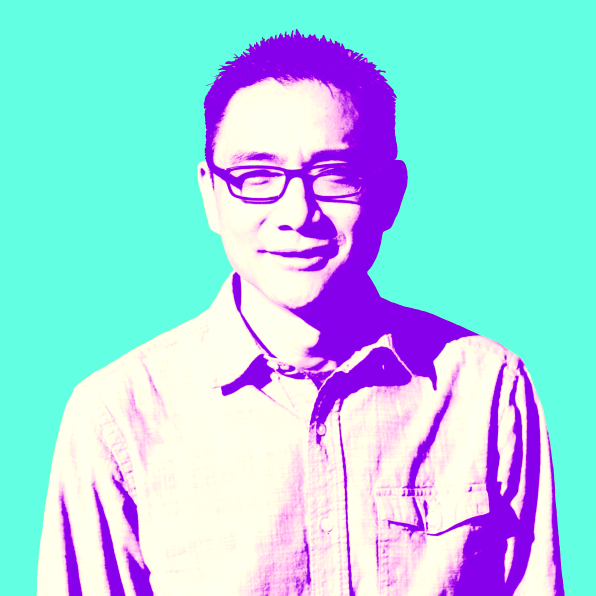
‘Most likely to become a math teacher’ fulfills high school prediction
By Ian Wang
Conrad Chu, math teacher
“Back when I was at Lowell, one day in math class, one of my friends was just joking around and asked, ‘Hey Mr. Treadway, if someone was to be a teacher, who would it be?’” math teacher Conrad Chu said. “And he responded, ‘Probably Conrad.’ That kind of planted the seed in my head.”
Chu graduated from the Lowell class of ’89, where his favorite subjects were physics and math. In high school, Chu played keyboard in a band, which inspired him to pursue a college major in electrical engineering.
After graduating from UC Berkeley, Chu worked as a sales engineer for five years. Afterwards, Chu worked at a Silicon Valley service company in the electromagnetic compatibility field, where he became a manager. About five years ago, he decided to rethink his career choice and start a new profession teaching instead.
Challenges and rewards in your career as a whole?
[Teaching is] definitely harder than what I did before. I was so used to doing what I was doing at my old job that I was kind of coasting. So it was kind of easy I suppose. I had a lot of alone time where I could work alone, one project at a time.
The challenge for me is that my light switch is turned on all day. I show up and it’s like being at work for the entire day, and then in the evenings I will go home and eat dinner and then I will start working on my lesson plans and I won’t be done until I am pretty much ready to go to sleep. It’s very demanding, but at the same time very rewarding.
In my old job, I didn’t get the sense that I was making an impact anywhere. I was just going to work to do what I needed to earn a salary and support my family. But now, I feel like the rewarding thing is like building relationships with students and gaining their trust so that they are not intimidated to come ask me for help.
What’s your impression of Lowell compared to other schools you’ve taught at?
Most Lowell students are focused on getting good grades. There are not many discipline problems at all. Aside from that, I do like the fact that my students take advantage of extracurricular opportunities. I’ve gone to a few volleyball games and basketball games, and it’s fun to see that students are also doing a lot of other stuff even though they are very focused on learning and grades when in class.
“…the rewarding thing is like building relationships with students and gaining their trust so that they are not intimidated to come ask me for help.”
What are some of your favorite hobbies?
Prior to becoming a teacher, I was taking karate. I took karate for about ten years and was a second degree black belt in karate. When I got my black belt, the one thing that I remember is going to a get together afterwards and one of my instructors handing me a beer. That was one of the best beers that I ever had.
Also, when I was in high school and college and quite a bit after that, I always liked writing music. I was never good at it, but I enjoyed it. So I did it on and off for several years. In high school, [my Lincoln friends and I] had a band. And we would practice all of the time as a so-called band, but we really sucked. The highlight of our high school experience was when we played at the Lincoln talent show. When we finished our songs, they were about to shut down the auditorium, but the crowd was like, “We want one more song!” All of these girls are coming back in to listen to us. We thought that we were so cool, but we really weren’t.
What’s been your funniest teaching moment?
I was fooling around with AirServer on my computer as I was toying around with the idea of doing a lecture on an iPad, just mirroring my screen on the computer here. I didn’t set it up to be password protected. So I was testing it out in class and during my lecture, all of a sudden some music started playing. A student had thought “oh, somebody has a connection over here,” and linked it up so then music started playing out of my computer. I was like, “what’s going on?” And I saw a phone screen up on my screen. It was real embarrassing stuff.
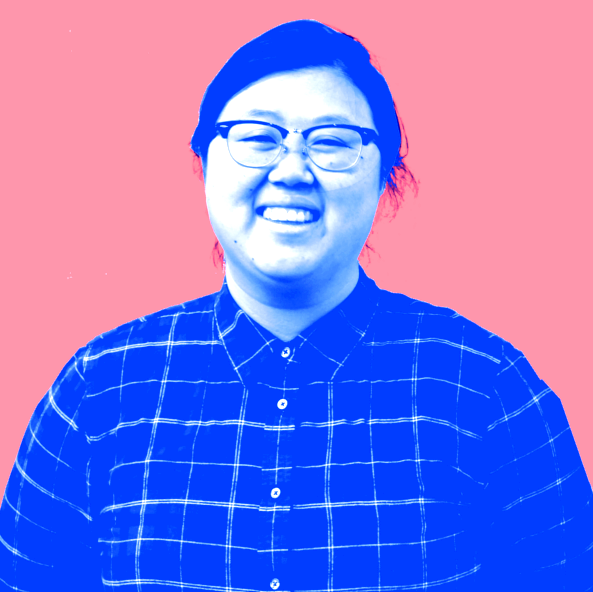
Lowell alumna brings quirkiness back to the classroom
By Adolfo Barrales
Sarah Wong, Japanese teacher
“I love fostering some of that weird quirkiness that these Lowell students inherently carry and are afraid to show sometimes,” Lowell alumna and Japanese teacher Sarah Wong said. “I have no qualms with being the weird quirky teacher they can come talk to about nerdy stuff and along the way feel comfortable approaching about life stuff too.”
While Wong attended Lowell, she participated in many extracurriculars, from leading Anime club to TAing for then-Dean Ray Cordoba. After graduating from college in Oakland with a degree in psychology, Wong originally intended to pursue a career in psych research. However, she decided to teach instead after she found she enjoyed working with students. Prior to coming back to Lowell to teach, Wong worked in afterschool programming, joined Teach For America for two years, and taught at schools in Oakland and Walnut Creek.
What were some challenges and rewards in your career as a whole?
My career challenges have been to find my school “home,” a place I can lay some roots and affect some real community change. Coming to Lowell feels exactly like that: finding a community I am committed to working with for the long haul. It’s been a blessing and a curse that I’ve taught in so many schools, because now I have a broader perspective of public education throughout the Bay, but it would be nice to stay in one place for awhile.
The reward, as cheesy as it sounds, has been getting to build relationships with my students. I keep in touch with many of my past students, and they check in with me occasionally. It’s always great to hear how they are doing and what they have accomplished. Getting to see my students break through and conquer their internal struggles is an incredibly rewarding experience.
What is your impression on Lowell compared to other schools that you’ve taught at?
Lowell students are like many of the students I’ve encountered in the Bay: young people going through the struggles of being in high school, balancing relationships, trying to meet family expectations, figuring out their personal identity, and then somehow completing schoolwork and learning important things.
“Getting to see my students break through and conquer their internal struggles is an incredibly rewarding experience.”
What inspires you?
All the incredible work from local and student-led movements, including Black Lives Matter, student walkouts, and all actions where youth are leading the way to demand social change and forcing generations to hear their voice and enact radical change. One of my biggest inspirations is Grace Lee Boggs, a civil rights advocate and writer for the Black Power movement in Detroit during the Civil Rights era. Two of her particular quotes drive my work to this day: “When [the youth] can see themselves making a differences, they also become different. That has to be an integral part of the revolution,” and “We are the leaders we have been looking for.”
Change has to come from the people, and it starts with the youth, how they think about themselves, the world and the communities they care about. It is my job as a teacher to help plant those seeds and challenge my students to think more of themselves than just a singular entity.
What is your funniest teaching moment?
I incorporate humor whenever possible in my class because that’s just who I am, and making kids laugh helps get them off guard. So if that means doing embarrassing things like dancing, then I’m down. The other day, I whipped and nay-nay’d in front of the kids to demo the word ‘dance’ in Japanese…and the whole class lost it. I also just dabbed today and the room blew up like a Baptist church at Sunday service.
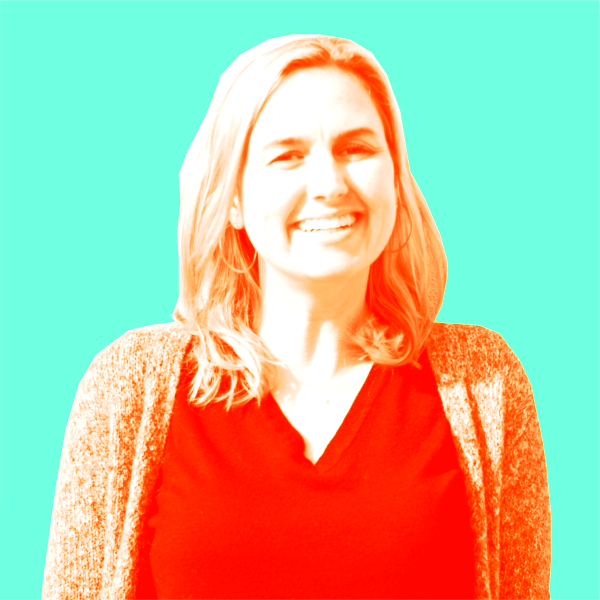
New wellness counselor fights to end stigma surrounding mental health
By Aaron Nguyen
Ashley Hamilton, wellness counselor
“My own experiences in life—my own life challenges, and my own process in getting help from a counselor—seeing what an impact that made on my life made me want to provide that for other people,” said wellness counselor Ashley Hamilton.
In college, Hamilton majored in global economics and studied abroad in Argentina. After graduating, Hamilton taught English in China, trained as a yoga teacher, and worked at an adolescent residential home helping youth with depression and anxiety. She then went to graduate school to get her Masters in counseling and psychology. Afterwards, Hamilton worked at a residential home in Redwood City doing counselling with families and teens. She later worked at Lincoln High School and Washington High School.
Before coming to Lowell, Hamilton worked as a wellness counselor at Marshall High School’s Wellness Center.
Challenges and rewards in your career as a whole?
The main challenge is that there is still a stigma against mental health issues. There’s a lack of understanding of what mental health issues are and how common they are. And so the stigma is a barrier for people to get the help that they really do need. If mental health was considered as important [as physical health], then people would seek help as if it were as important as a physical issue. People wouldn’t be suffering as much if they could get more help.
The obvious reward is that I get to help people. I feel like I’m doing work that really matters, and I get to see the impact that I’m making in people’s’ lives. And because I’ve known and experienced what it’s like to be a client of therapy or counseling, I have full trust that people can heal and get better. I feel excited and passionate about providing that space for people to heal. In a world where we receive so much pressure and expectation to be a certain way or accomplish or get good grades or be the best, what I can offer is a place of full acceptance, where people can be themselves.
What’s your impression of Lowell compared to other schools you’ve worked at?
My impression of Lowell is that students are very intelligent, very capable, competent, and seem to be passionate about their interests. What I do notice about Lowell is because of the academic rigor, students can be really challenged to not only keep up with the workload, but also challenged personally by noticing the beliefs that arise about themselves in response to how well they do here.
“I feel like I’m doing work that really matters, and I get to see the impact that I’m making in people’s’ lives.”
What are some of your favorite hobbies?
In high school, I really enjoyed writing because I got to express my creativity, to express myself and my feelings. I wrote creative pieces, stories about my own life, emotional experiences — mainly nonfiction, and I also liked doing some freestyle poetry. I think it really helped me to get to know myself, because I had to reflect a lot on what I wanted to express.
Recently, I’ve started taking classes in tapestry weaving. I love to take walks on the beach with my dog. I also love eating at good restaurants, and trying new hip, fun restaurants in the city.
What inspires you?
I think what inspires me is just my own drive to always be growing as a person, no matter what. Professionally, personally, and spiritually. What I found from my travels in South and Central America and Asia was that happiness really belongs with the person, rather than what they have, economically speaking. And by healing an individual, I could impact the world.
When I was visiting countries that were less developed, I saw people that were happy without having so many things or without having accomplished a certain status in life. I realised that happiness is more about how you feel about yourself, your sense of belonging, and relationship to others.
These interviews have been edited and condensed by Emily Teng.



